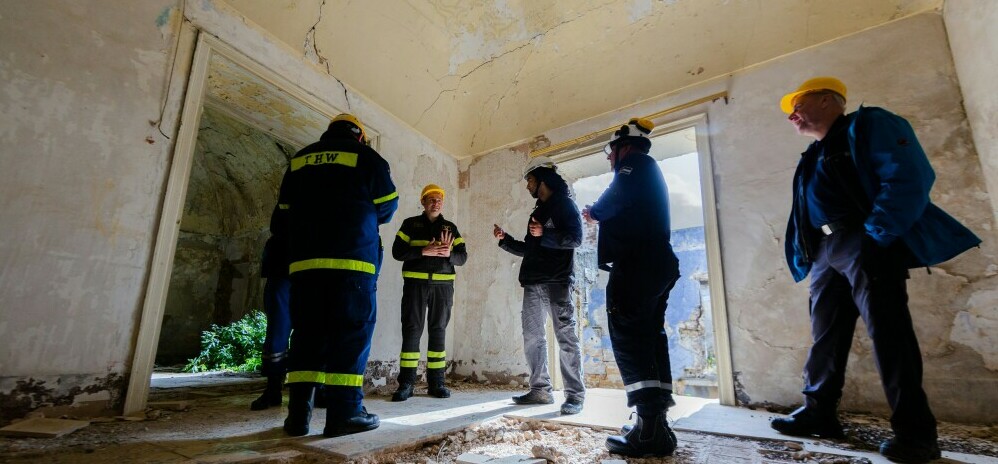This Contractor doesn't have money to pay staff. He collects customer deposits and isn't performing the work for them either.
Site will be down until Todd Long pays he's staff's overdue salary wages. He continues to miss pay roll without explaining to staff why their not being paid or when we will be able to make payroll. Thank you for your patience!

